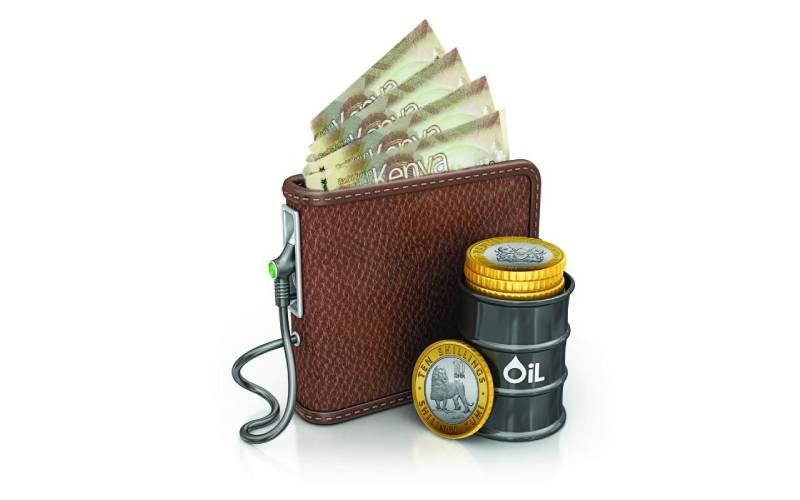×
The Standard e-Paper
Stay Informed, Even Offline

Russia's ban on diesel exports from Thursday evening has sparked fears of a fresh rally in global fuel prices over the next few months, dimming Kenyans' hope of lower prices at the pump in the near term.
Moscow said Thursday it has temporarily banned exports of diesel fuel in a bid to "stabilise domestic supplies".







